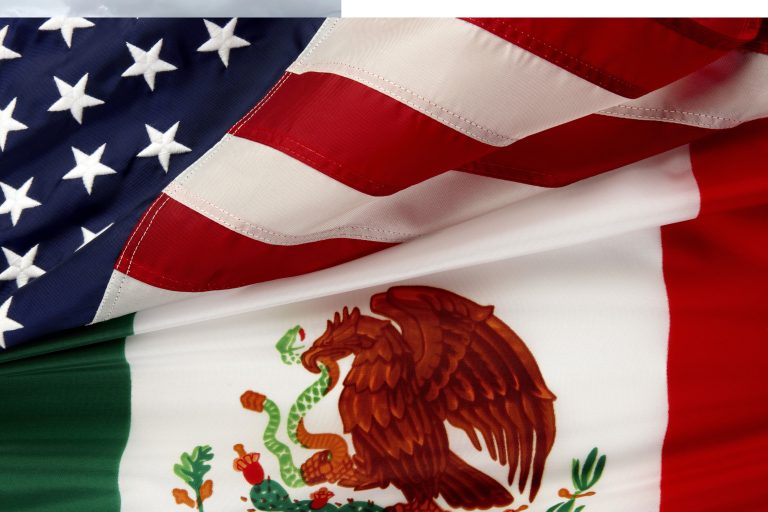
Mexico’s newly elected president, Claudia Sheinbaum, has stepped into her role with a clear vision for the future of Mexico’s international relations, particularly with its northern neighbor, the United States. The focus is on enhancing cooperation on critical issues such as migration, trade, and the pressing challenge of fentanyl trafficking. However, Sheinbaum’s administration recognizes that a proactive engagement strategy must extend beyond Washington to ensure comprehensive international relations.
The election of Claudia Sheinbaum as Mexico’s new president marks a significant moment in the country’s political landscape. With a strong mandate to continue and enhance the policies of her predecessor, Sheinbaum’s administration faces the challenge of addressing complex issues that have long-standing implications for both Mexico and its relationship with the United States.
One of the critical areas of focus for the new administration is the bilateral relationship with the U.S., particularly concerning migration, trade, and the pressing issue of fentanyl trafficking. The shared problems of global migration and drug trafficking have tested the resilience of the U.S.-Mexico relationship, necessitating a collaborative approach to develop effective strategies and policies.
Register for Tekedia Mini-MBA edition 19 (Feb 9 – May 2, 2026): big discounts for early bird.
Tekedia AI in Business Masterclass opens registrations.
Join Tekedia Capital Syndicate and co-invest in great global startups.
Register for Tekedia AI Lab: From Technical Design to Deployment (next edition begins Jan 24 2026).
Migration has long been a central theme in U.S.-Mexico relations, with both nations seeking sustainable solutions to the complex challenges it presents. Sheinbaum’s approach aims to address the root causes of migration, advocating for economic development and stability in regions that traditionally see high levels of emigration.
Trade between the two countries has been robust, underpinned by the United States-Mexico-Canada Agreement (USMCA). Sheinbaum’s presidency is expected to continue supporting this framework, promoting economic growth and job creation while also looking to diversify Mexico’s trade partnerships globally.
The fentanyl crisis poses a significant threat to public health and safety in both nations. The new administration is committed to intensifying efforts to combat the trafficking of this dangerous synthetic opioid, working closely with U.S. agencies to disrupt the supply chains and reduce the availability of illicit drugs.
Sheinbaum’s victory presents an opportunity for Mexico to redefine its engagement with the U.S. and other global partners. The proactive engagement beyond Washington is not just a necessity but a strategic move to diversify Mexico’s international relations and strengthen its role in global affairs. This approach aligns with the shifting geopolitical trends and the need for Global South bridge-builders in a turbulent world.
However, recent tensions and the potential threats to free trade agreements highlight the need for a renewed dialogue and negotiation to safeguard mutual interests. The new president’s stance on trade will be closely watched, as it will influence the economic dynamics between the two countries and beyond.
The deadly opioid has been linked to a high number of overdoses in the U.S., with Mexico and China being primary sources for synthetic fentanyl trafficked into the U.S. Addressing this challenge requires a concerted effort to combat organized crime and reduce the flow of illicit drugs across borders.
The new president’s commitment to working relations with the U.S. on critical issues is a step in the right direction. However, the success of these efforts will depend on the ability to engage proactively with a broader range of international partners and



